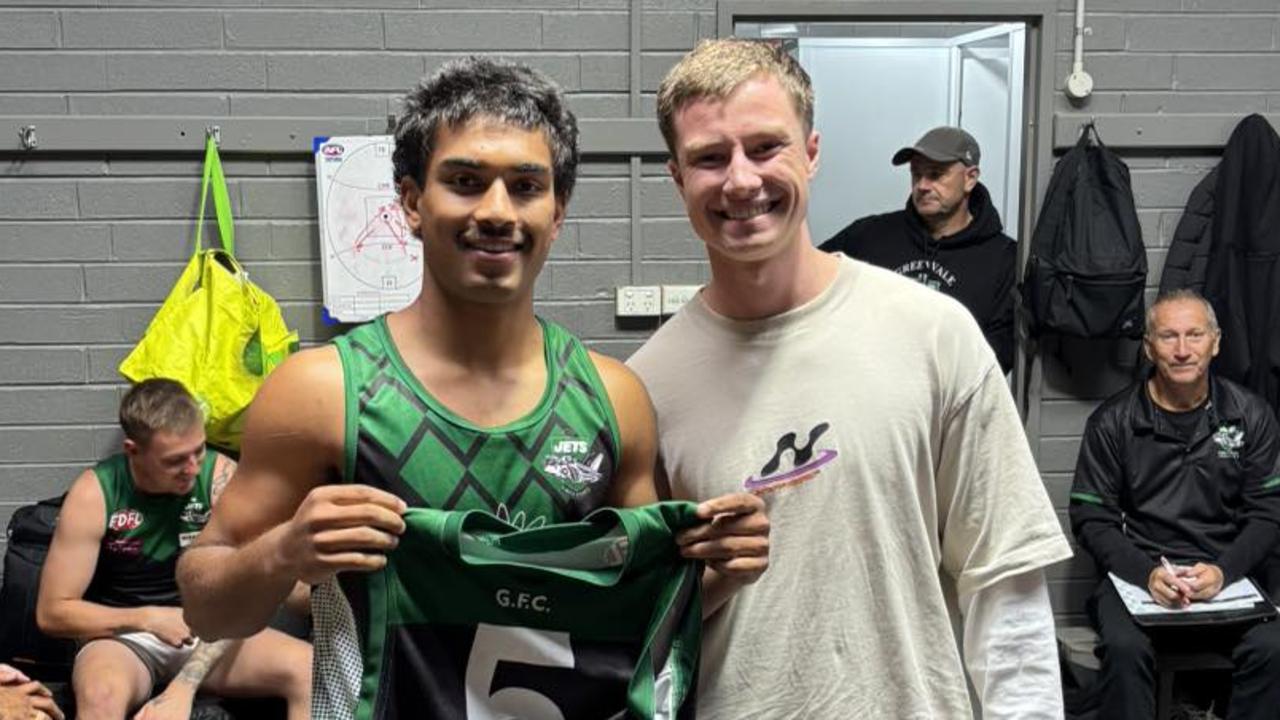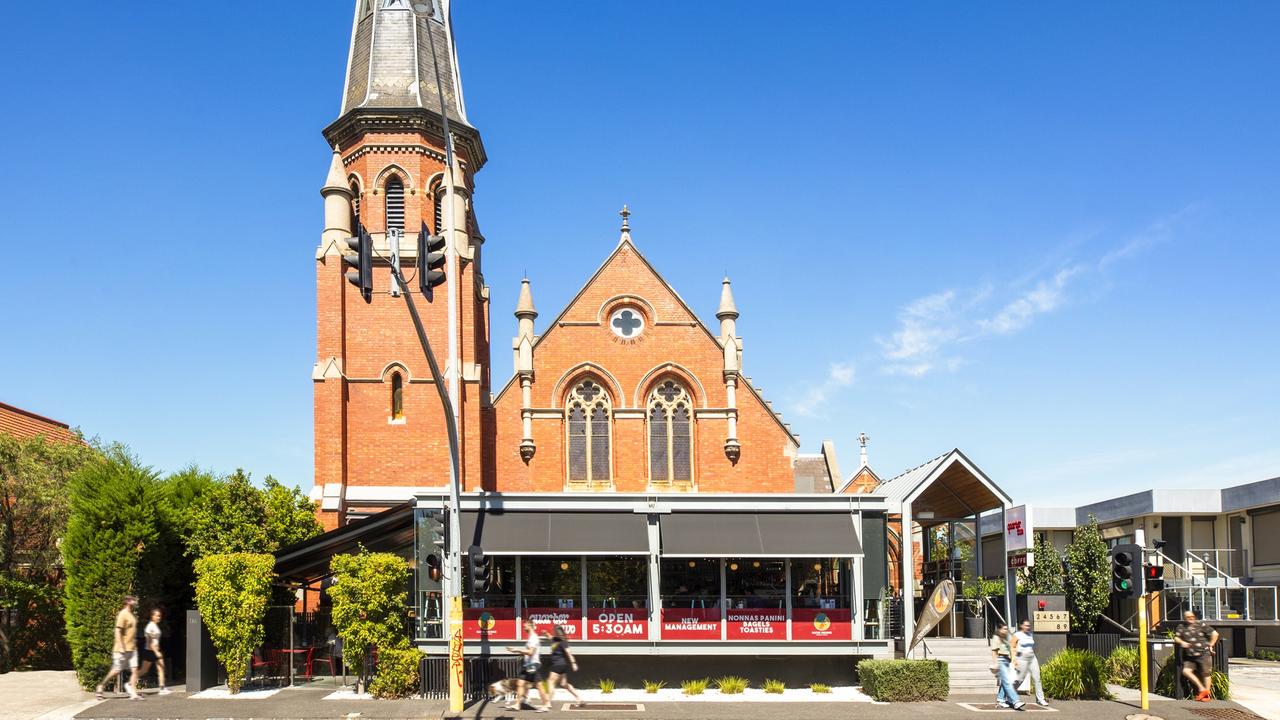Marcus Vigilante hopeful of continued advances to MS treatments
Marcus Vigilante spent weeks learning to walk again after his first brush with MS aged just eight. Now almost a decade later, advances in treatment have given the Coburg teenager a brighter outlook.
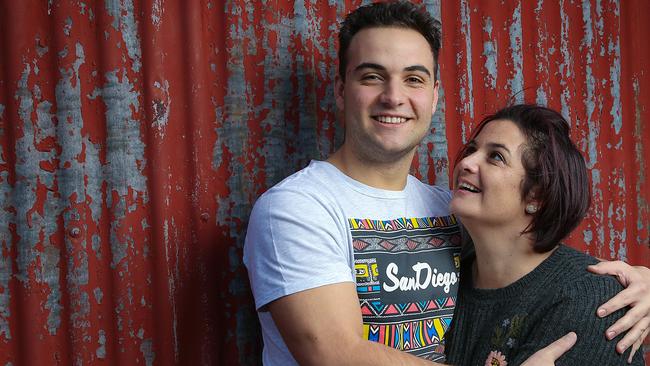
North West
Don't miss out on the headlines from North West. Followed categories will be added to My News.
Rose Vigilante had just arrived at work when she got a life-changing call from her mother.
Her then eight-year-old son Marcus, who had been suffering severe headaches, was paralysed on one side of his body and falling over as he walked.
MORE NEWS
JACINDA ARDERN MURAL APPROVED BY ISLAMIC CENTRE
UPFIELD LINE DUPLICATION PLEDGE COULD SLASH COMMUTE TIMES
NEW BRIDE GUIDE TO UNLOCK MELBOURNE’S WEDDING MECCA
“I was devastated, we called our local doctor and he said to take Marcus to the hospital straight away,” she said.
“We had to spend weeks in rehab, with him just learning to walk again.”
Although it wasn’t diagnosed straight away, a relapse eight months later confirmed Marcus had multiple sclerosis (MS).
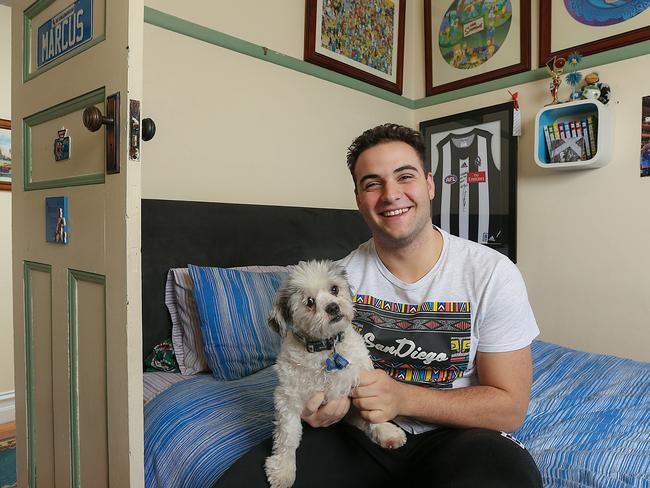
Now 17, Marcus said the trips to the hospital for rehab and scans became part of his routine growing up.
“I noticed when I was diagnosed I couldn’t play as many sports on the weekends as my friends,” he said.
The Parade College student said he had an eye on law studies once he completed year 12 this year and played social basketball once a week to stay active.
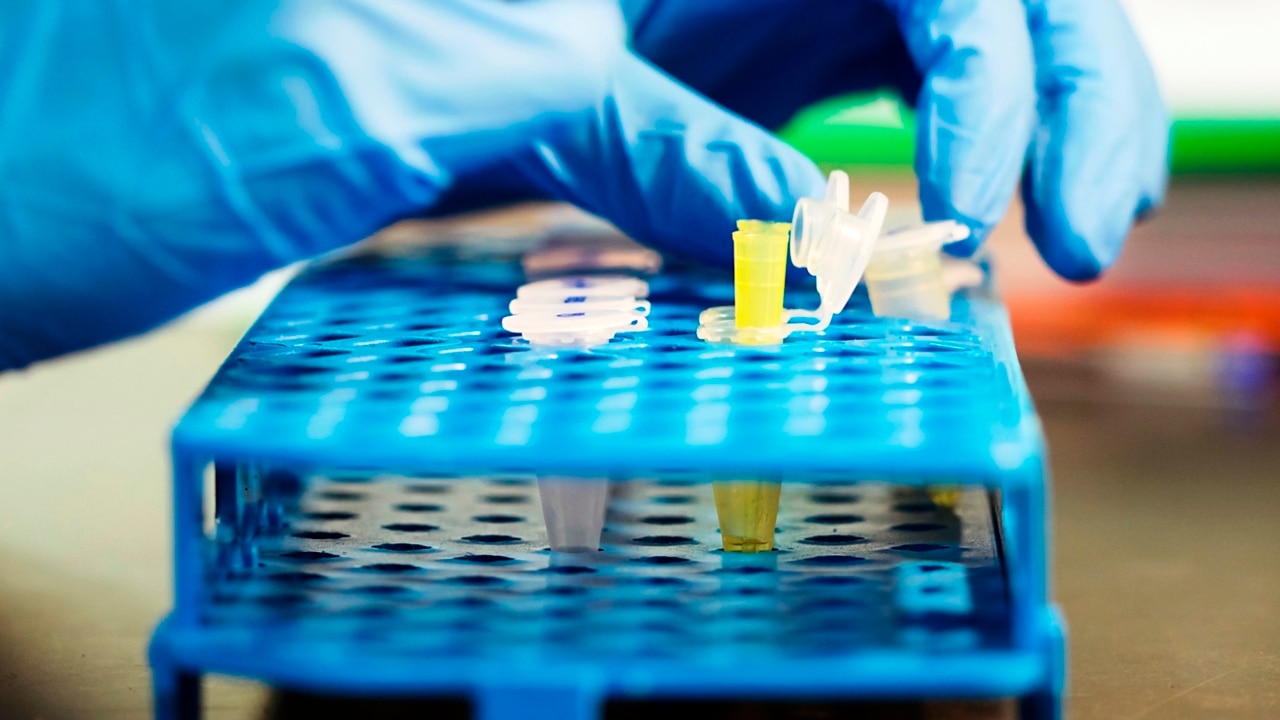
Gilenya, a MS treatment created by Novartis Pharmaceuticals, was approved for the treatment of children by the Australian Therapeutic Goods Administration.
Ms Vigilante said the oral treatment was easier than needle administered drugs and gave her peace of mind when Marcus was out of their Coburg home.
Marcus said he was comfortable that technology advances meant he would be able to manage MS as he got older.
“I just think positively about how much medicine has advances, it can only go up from here,” he said.
“I don’t see myself as different.
“I just try to be the best person I can be.”

